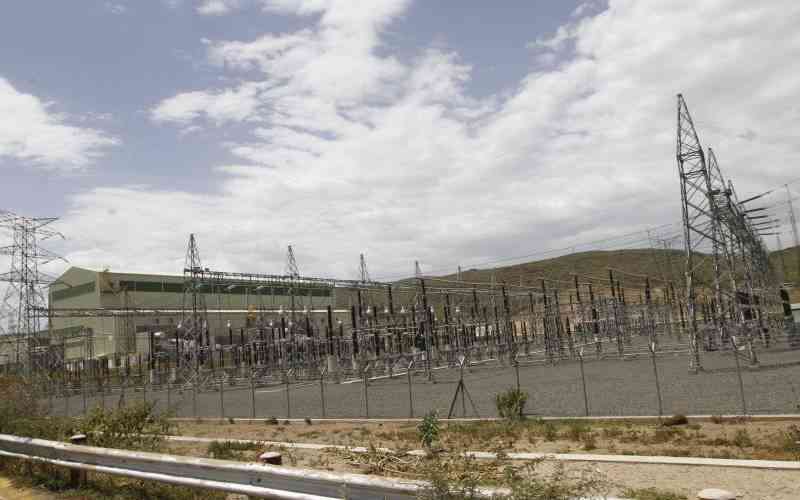×
The Standard e-Paper
Home To Bold Columnists

The planet is suffering an urgent climate crisis, and we find ourselves at a crossroads where immediate action is not just a choice but a necessity.
The recent Africa Climate Summit 2023 in Nairobi, along with the upcoming COP28 conference in the UAE, provide a beacon of hope and a clear direction for Africa.